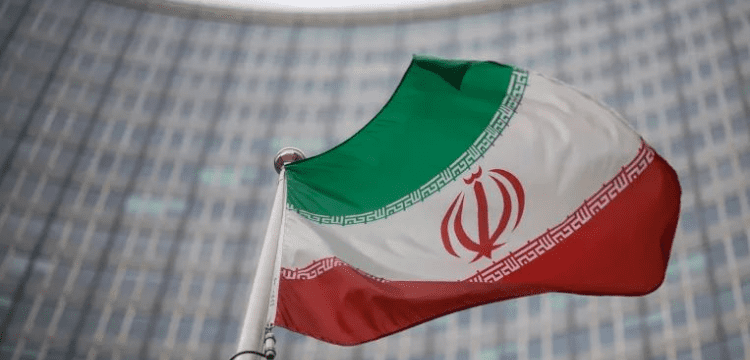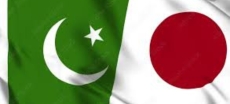[vc_row][vc_column][vc_column_text dp_text_size=”size-4″]Iran criticised the head of the UN’s nuclear watchdog, Rafael Grossi, after the organisation voiced worries over clandestine modifications made to equipment at its Fordo uranium enrichment plant, according to state media on Saturday.
The criticism of Mr. Grossi follows the announcement by the director-general of the International Atomic Energy Agency (IAEA) that he will travel to Tehran in February to discuss ways to increase Tehran’s cooperation with the agency’s operations in the midst of stalled talks to revive a historic agreement over Iran’s nuclear programme.
In a classified assessment released on Wednesday, the IAEA said that without previous notification, Iran had significantly changed a connection between two centrifuge clusters at the Fordow Fuel Enrichment Plant (FFEP) that can enrich uranium to up to 60%.
The United States and its allies criticised Iran’s response as “inadequate” and said that an inspector had “inadvertently” reported the adjustments and that Mr. Grossi had published the report despite the matter having been handled. According to state news agency IRNA, Mohamad Eslami, the chairman of the Iranian Atomic Energy Organization, “We gave a letter to the agency that an inspector… made a mistake and gave an inaccurate report.”
He called it “unprofessional and unacceptable” behaviour, adding, “but yet again the director-general of the agency revealed this matter to the public.” Two IR-6 centrifuge cascades were interconnected in a manner that was significantly different from the mode of operation indicated by Iran to the agency, according to the IAEA, which reported its findings during an unannounced Fordow inspection on January 21.
The report to member nations also stated that since late last year, the two cascades have been utilised to create uranium that has been enriched up to 60 percent. Concerning the manufacturing of highly enriched uranium, Mr. Grossi said in the report that Iran had “made a considerable change in the design information of FFEP without alerting the agency in advance.” The United States, Britain, France, and Germany stated in a statement on Friday that Iran’s response to the report was “inadequate”.
They declared that “Iranian assertions that this conduct was carried out in error are insufficient.” “Rather than Iran’s alleged intentions, we judge Iran’s conduct based on the unbiased and factual reports of the IAEA.” On January 24, Mr. Grossi informed the European Parliament of his intention to travel to Tehran this month “to create or reestablish a much-needed political conversation with Iran.”
The Joint Comprehensive Plan of Action, the official name for the Iran nuclear agreement, has reached a “huge, big deadlock,” according to the IAEA director. After the United States withdrew from the agreement in 2018 under then-president Donald Trump, the accord with major world powers came to an end. discussions that began in April 2021
[/vc_column_text][/vc_column][/vc_row]











